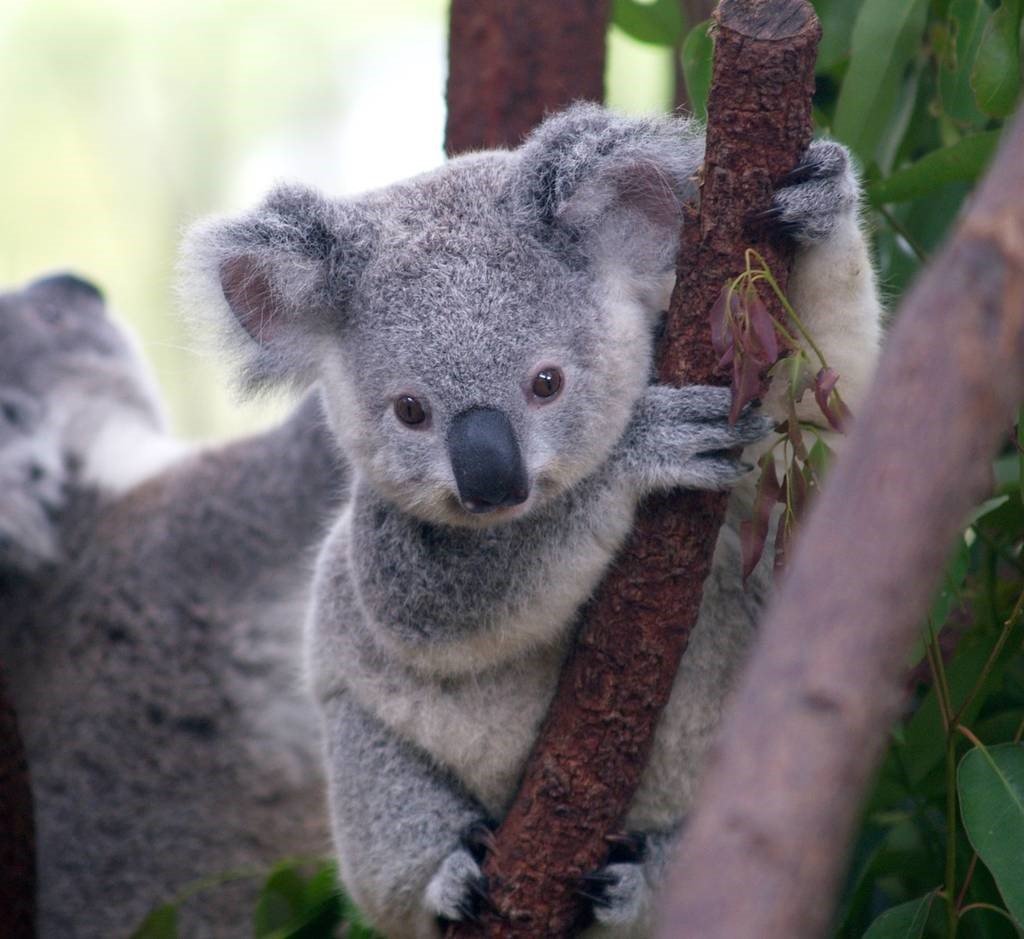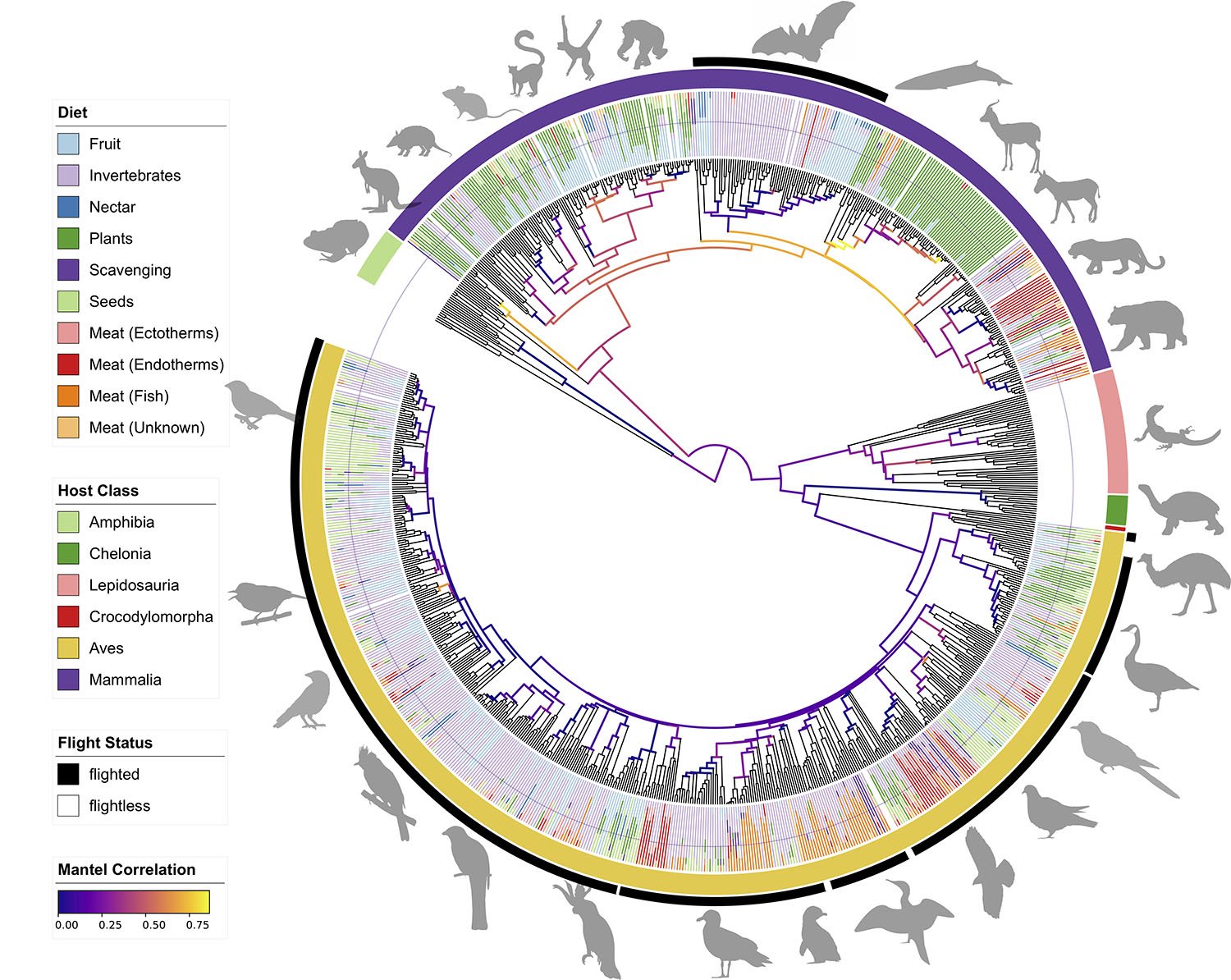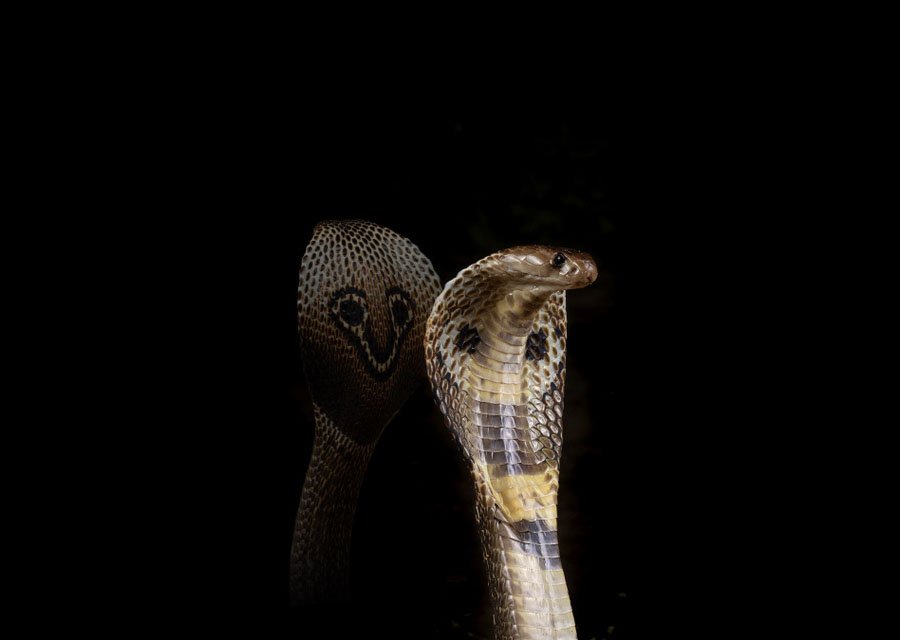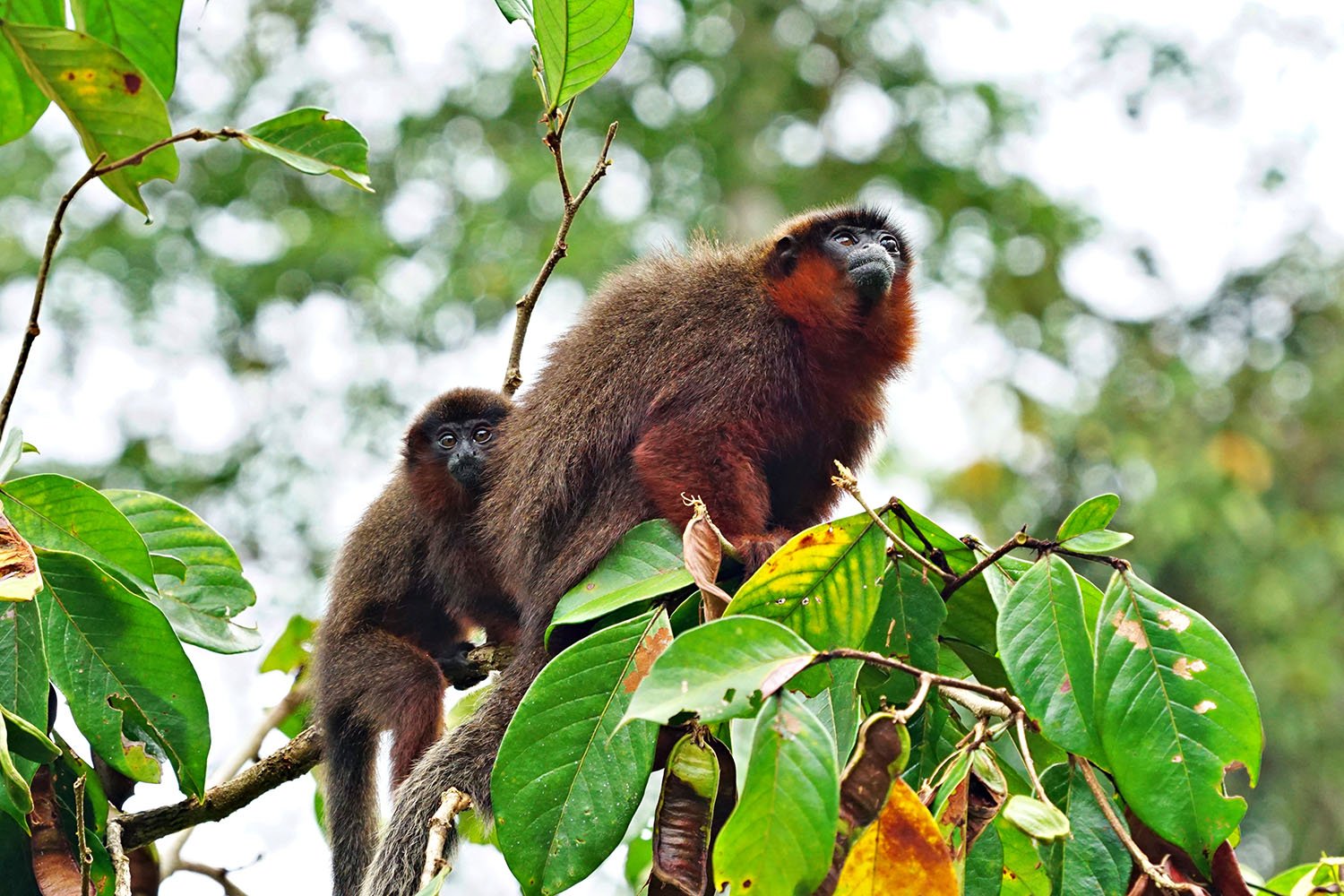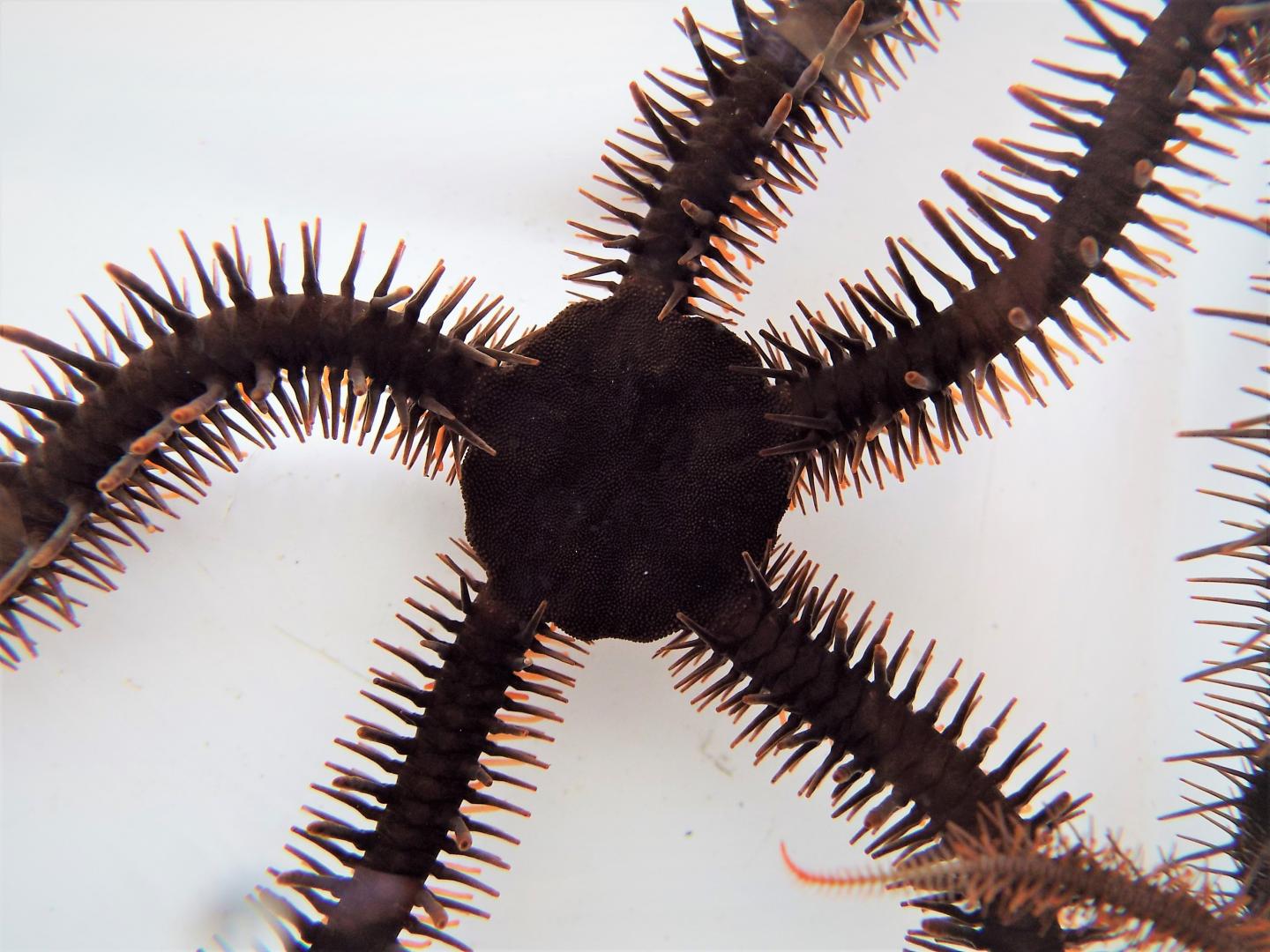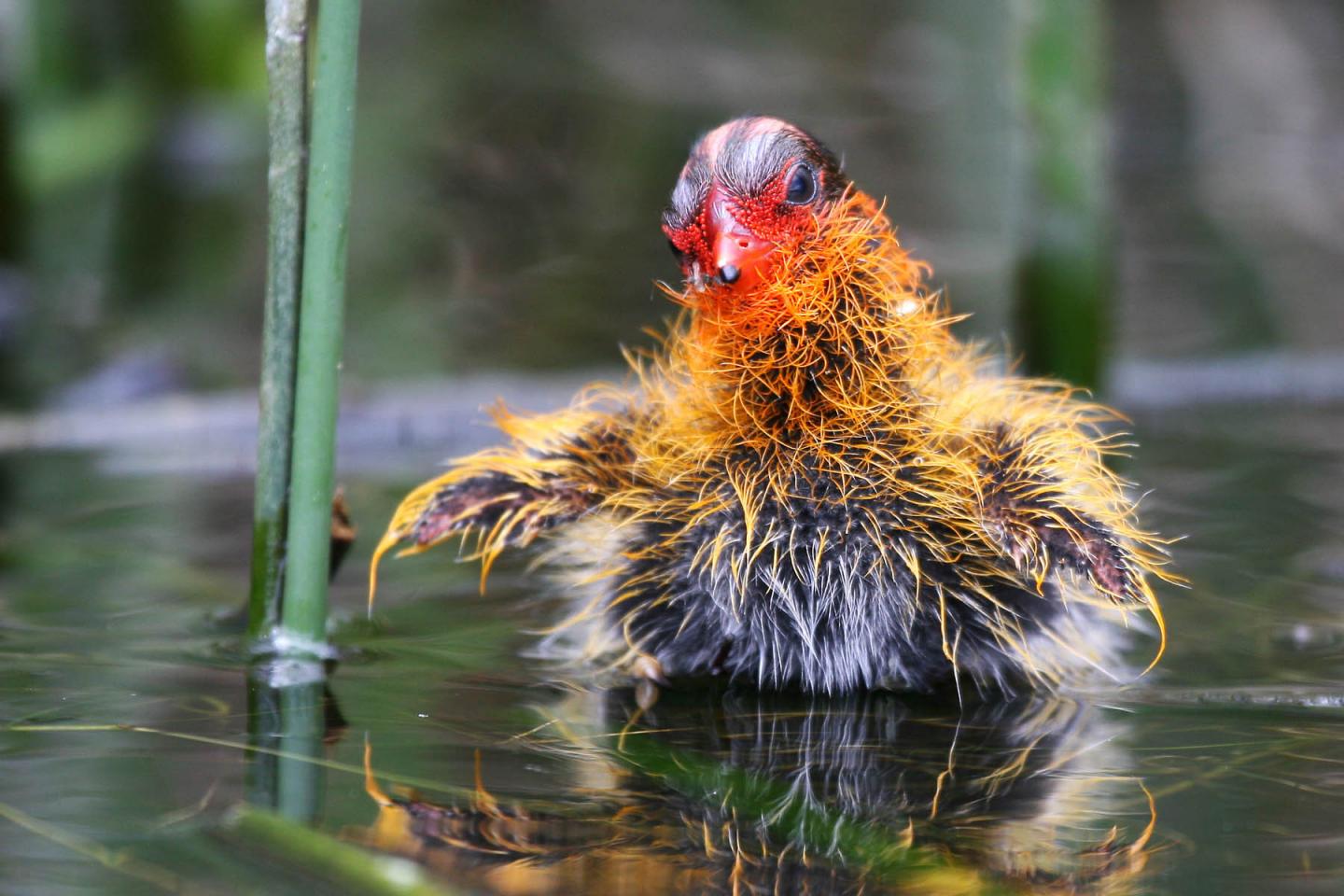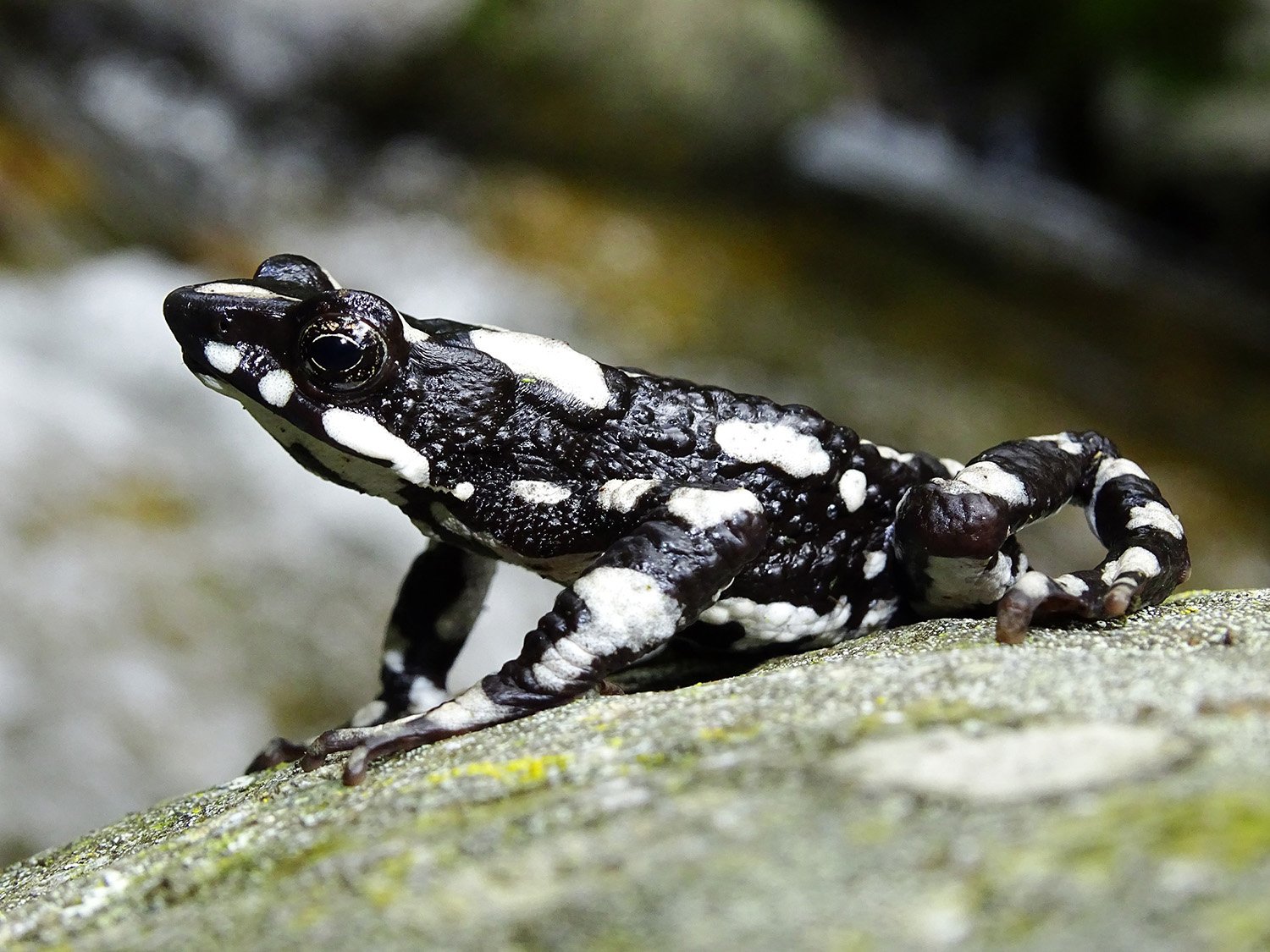New ‘umbrella’ species would massively improve conservation
The protection of Australia’s threatened species could be improved by a factor of seven, if more efficient ‘umbrella’ species were prioritised for protection, according to University of Queensland research. Umbrella species are species which when preserved, indirectly protect many other plant and animal species. UQ PhD candidate Michelle Ward said different choices in Australia could … Read more
